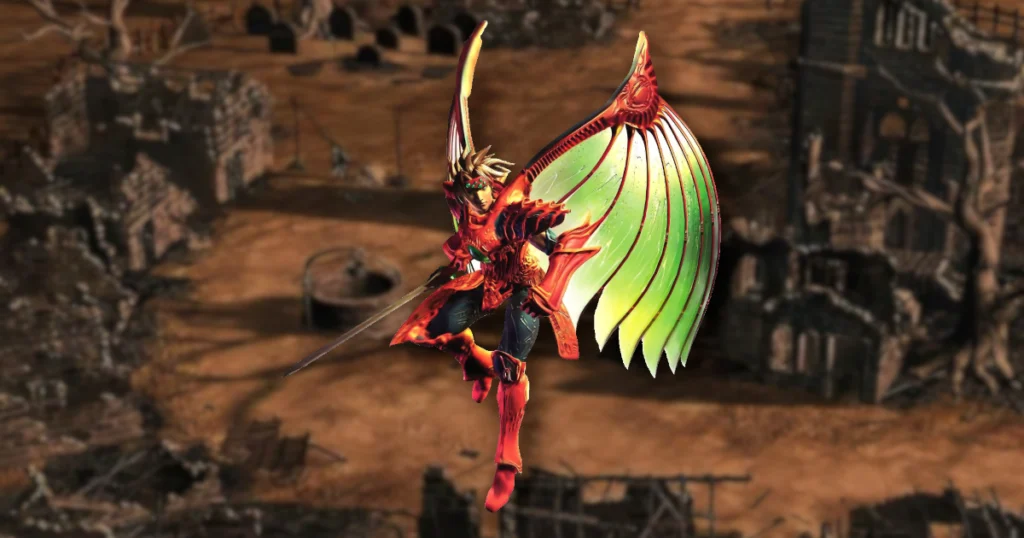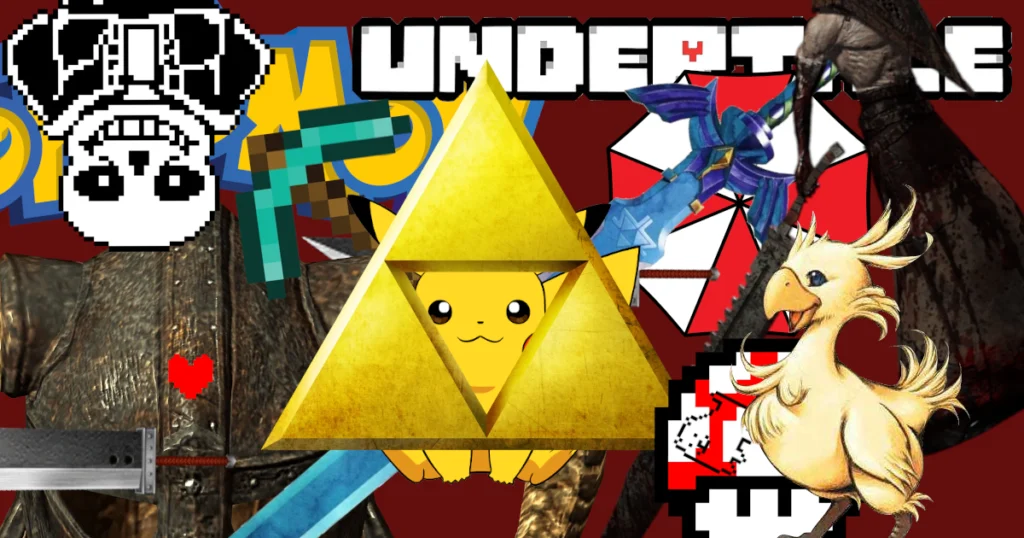
Lately, I have been playing every game in “The Dark Pictures Anthology” with friends, a series of horror games where player choices change the outcome of the story, and one particular event got me thinking.
We were advancing near the end of one of these games (in this case, “Man of Medan”), and one of my friends got a character killed because they missed a Quick Time Event. Everyone was either very surprised or very angry that a single, sneaky QTE had killed a character, and after a moment of silence, I said: “Hey, no problem, let’s just reload from the last save file. Whatever.”
Some rejected the idea, saying that reloading the save file would be considered cheating. We ended up finishing the game with a pretty bad ending and then reloaded the last chapter to get the good ending.
I went back home with this debate in my head: is reloading a save file to get a better outcome a right or wrong thing to do?
I searched the internet, and of course, the topic had already been widely discussed and named.
Welcome to Save-Scumming.
What is Save-Scumming?
User TorpedoMoo defined Save-Scumming in Urban Dictionary in 2013 as:
“Manually saving your game over and over again (usually before important decisions/boss battles, etc.) to make sure that if you screw up later on, you can always just return to your most recent saved game.”
They also offered the following example to deepen the knowledge of the word itself:
“If I wasn’t save-scumming so much, I would’ve had to restart this mission a shitton of times.”
If I were to pinpoint my earliest personal experience with save-scumming, it would be in Pokemon Silver for Gameboy Color. In most Pokemon games, you are given a single Master Ball, which is able to catch any wild Pokemon, so the common idea is to use it for the most difficult Pokemon to catch in the game.
In Pokemon Silver, I used said Master Ball on Ho-Oh (a Legendary Fire-Flying Pokemon), and then I discovered that I could catch Lugia (a Flying-Water Pokemon) too. With the limited money I had in the game and no more Master Ball in my arsenal, I bought all the Ultra Balls I could and went on to try to catch Lugia, but I wanted a fail-safe in case I did not manage to catch Lugia the first time.
How could I look my friends in the eyes and say, “Yeah, well, I did not catch Lugia,” without losing my 9-year-old street cred?
I saved in front of the legendary Pokemon and tried a dozen times to catch it. When I didn’t, I reloaded the save and tried again. I eventually save-scummed Lugia into my overpowered party.
Is Save-Scumming Considered Cheating?
I’ve heard this before: the practice of save-scumming is considered a form of cheating. Not accepting the first outcome in any given moment of your playthrough could be seen as not having an authentic experience. I personally disagree with this statement.
Cheating happens when somebody acts dishonestly to gain an advantage. In a single-player game that gives the player the possibility to save almost whenever they want, not only do I consider save-scumming normal, but also part of the fun of playing these games.
As a human being on planet Earth, I must come to terms with accepting the first outcome in any given moment of my life. In video games paid with my hard-earned money, I demand a complete lack of accountability for my choices as well as the right to change them at almost any given time (as long as it is a single-player game… or a Halo 3 Lobby on my old Xbox 360). I mean, games like Life is Strange or Undertale exploited this very theme and made it an integral part of the game’s narrative. I am filled with determination, damn it.
Personally, reloading a save file to get a better outcome is one of the funniest parts of story-driven games like Mass Effect, Cyberpunk, Dragon Age… you name it. Don’t worry, though, because when developers want you to stay on the rails and be responsible for your choices, they will force an auto-save on you after every important decision. I am looking at you, Telltale Games.
In those cases, I tend to respect the rules of those games because I know that it is done to preserve immersion.
Does Save-Scumming Affect Player Immersion in Video Games?
It almost sounds like a rhetorical question with an easy affirmative answer, and it definitely is. Of course. Save-scumming is the enemy of immersion.
Stopping to reload a save file immediately cuts the player’s emotional engagement. It has happened many times that save-scumming has burned me out of some video games altogether, and that is a bummer.
In rare cases, like the previously mentioned Life is Strange, the main character, Max, has the superpower to rewind time and change reality accordingly. Gameplay-wise, you can say or do something and then go back in time if you didn’t like the outcome. The practice isn’t only accepted but enforced. Player immersion is further improved.
But when the laws of a virtual world do not mention the possibility to go back in time and retry, reloading a save file becomes something alien, unnatural. Being able to foresee events in a world where this practice shouldn’t be allowed would get anybody out of any kind of immersion.
Whether this is a bad thing or not entirely depends on how you perceive each video game as a medium.
Are you playing Journey? That is a “video game as an experience.” Immersion.
Are you playing Skyrim? That is a “video game as a Sandbox.” Do what you want.
Are you playing Doom? That is a “video game as a music video.” You are there for Mick Gordon. Stop lying to yourself.
Are you playing Concord? No, you are not. You can’t even play it anymore.
You can also be a hypocrite like me, who plays the Fire Emblem franchise on classic mode (permadeath for almost any unit) but reloads the mission every time I lose a unit. Big brain move.
Final Opinion on Save-Scumming
Am I going to end this article by saying the most rhetorical thing? That you should enjoy video games as you want, because the main role of video games is to be fun?
Yes. And if you think about it, debating save-scumming sounds like a pointless thing, but here’s why the internet can be great. There is space for everything, even for debates like these.
Freedom, especially in how people should enjoy their games, is of the highest priority. We just have to acknowledge that other people can still force their unwanted opinions about it.
It’s like shaming people for running strength-based builds in Elden Ring because they are overpowered. Shut up, man. Go play with your Katanas on your own and leave me alone while I jump-attack my way to Promised Consort Radahn.



